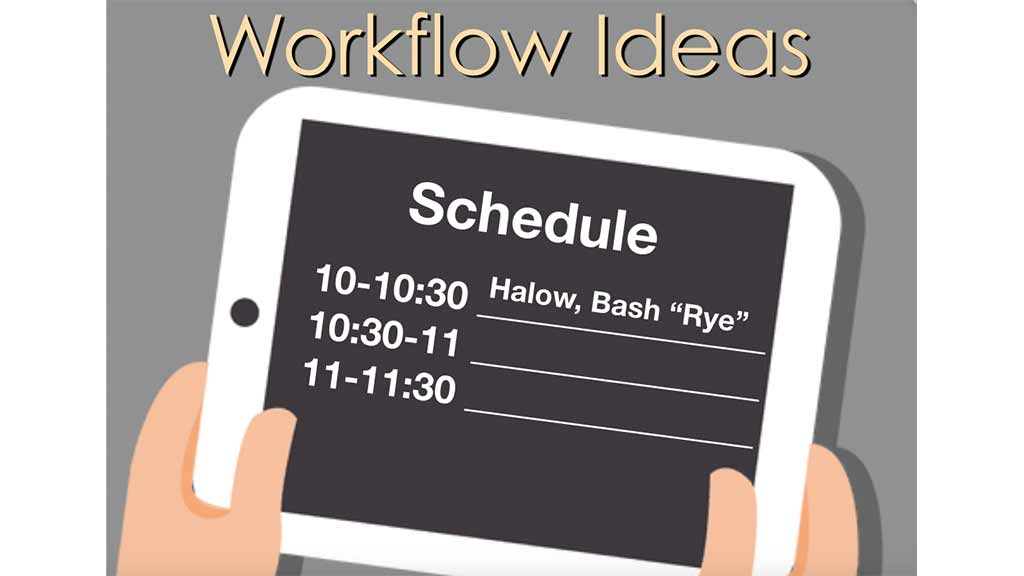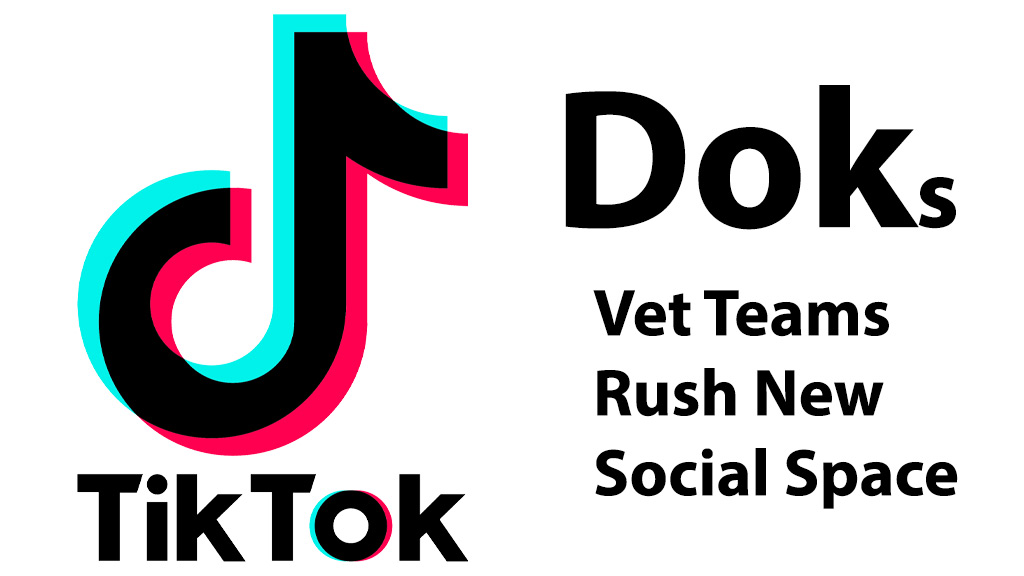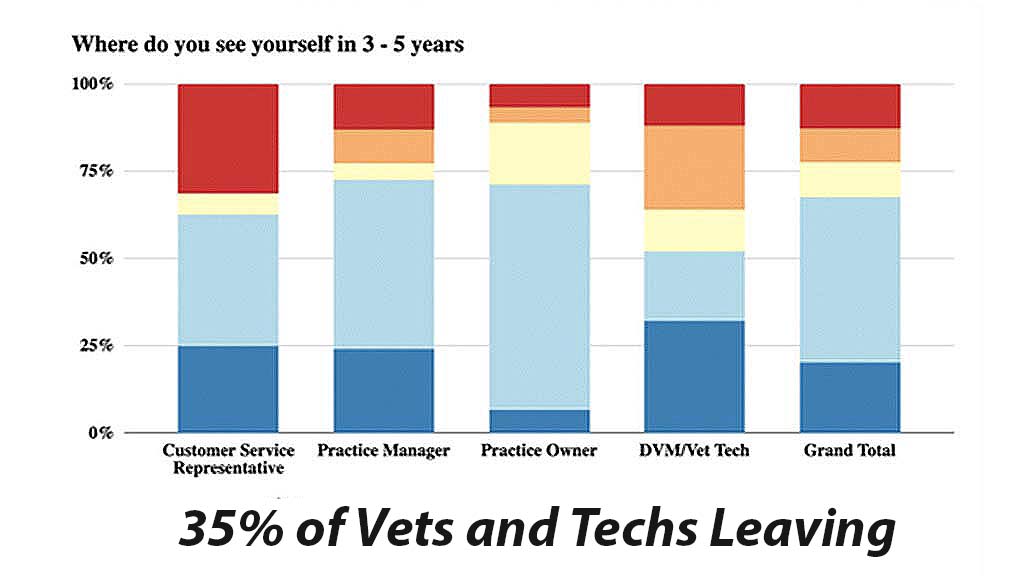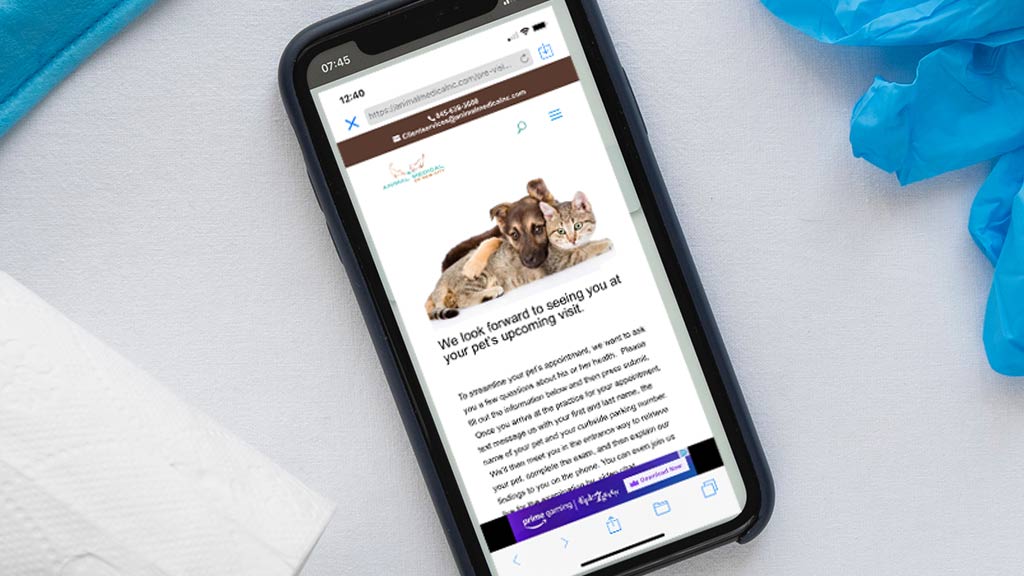2020-21 saw tensions rise as curbside care, staff shortages, grumpy clients, and record caseload pushed teams to the brink. Those practice teams that didn’t boil over put a lid on bad behavior, inefficient workflow, and unproductive communication. Here’s more on what they did.

Acknowledged that Adversity Leads To Resilience
It is true: that which does not kill us, makes us stronger, but emerging strong on the other side of adversity isn’t all luck. Navigating through bad times to a healthier other-side, or resilience, is the ability to adapt to trauma or tragedy; to experience it, accept it, explore it, understand it, and most importantly to learn from it. It requires intentionality, support from loved ones and friends, and healthy thinking. Veterinary practice teams that continue to successfully navigate the COVID crisis do so in support of one another and with leadership that reminds that adversity provides us a chance to grow and positively change. Yale associate professor, Dr. Lauri Santos offers a free course for individuals and workplace groups on how to learn and grow from adversity.

Stopped Venting
While initially cathartic, venting is too often a communal acknowledgement of a fictionalized reality: ‘All clients are complete jerks.’ or ‘All our boss cares about is money.’ These kinds of statements paint a two dimensional world that’s exaggerated, alienating, and just not true. Sometime there’s so much venting, that a pall is cast over the whole workplace that filters out any rays of positivity. The best teams air out that haze. They don’t emphasize how rotten clients are, but how patient team members are. They don’t tear down the administration, but help team members to see a more realistic view of things.

Remembered To Be Civil
Please and thank you, good morning and take care…are these just platitudes? Well, they can be, but if done with real intention, verbal and non verbal cues of civility telegraph our recognition of others and the value we see in them. Civility was the cornerstone of the Socratic method, a form of mannered discourse that gave rise to some of history’s most just nations. A lesson in manners might seem like grade school stuff, but civility is actually a social glue that keeps people productive and peaceful. Watch an informative, short talk on civility by Georgetown professor, Dr. Christine Porath.
Kansas City, August 27th-30th
Atlantic City, October 11th-14th
San Diego, December 2nd-5th
10% Off Registration With Promo code Faculty10

Togetherness
Humans have been working together for eons. We are hardwired for communal living and working. Even during the height of the COVID epidemic, leaders of successful practices found a way for team members to regularly meet (albeit through Zoom or large spaces where distancing wasn’t an issue), to solve problems, and to devise better ways for team members to succeed every day. Not ringing true for you? Think you’re the exception; the one that prefers to remain isolated or would rather hang out with animals than people? Mmmm, I’m not entirely convinced.
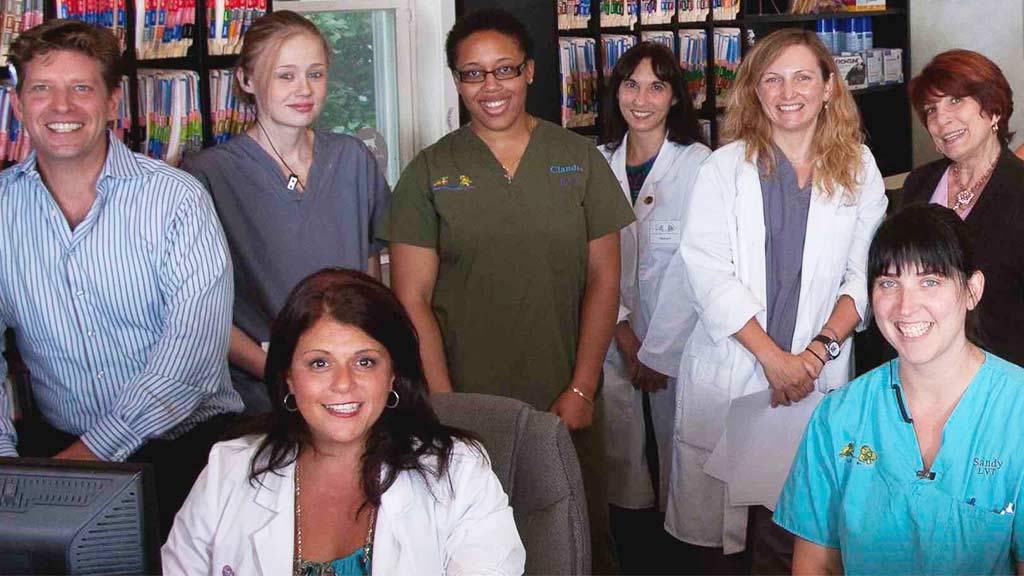
Talked Like An Expert
Navigating the pandemic took purpose, planning, and focus. Practice teams that continued to grovel over clients’ every wish got quickly derailed. The best teams took charge of the situation. They stood up and told clients what was best…for them, the pet, and the practice. When practice teams acknowledge their worth and behave as though they are worthy, they feel worthy and clients are more likely to listen to direction.
$1000.00
$1000.00 referral fee for veterinarian applicants. Sign on bonuses also available. More.
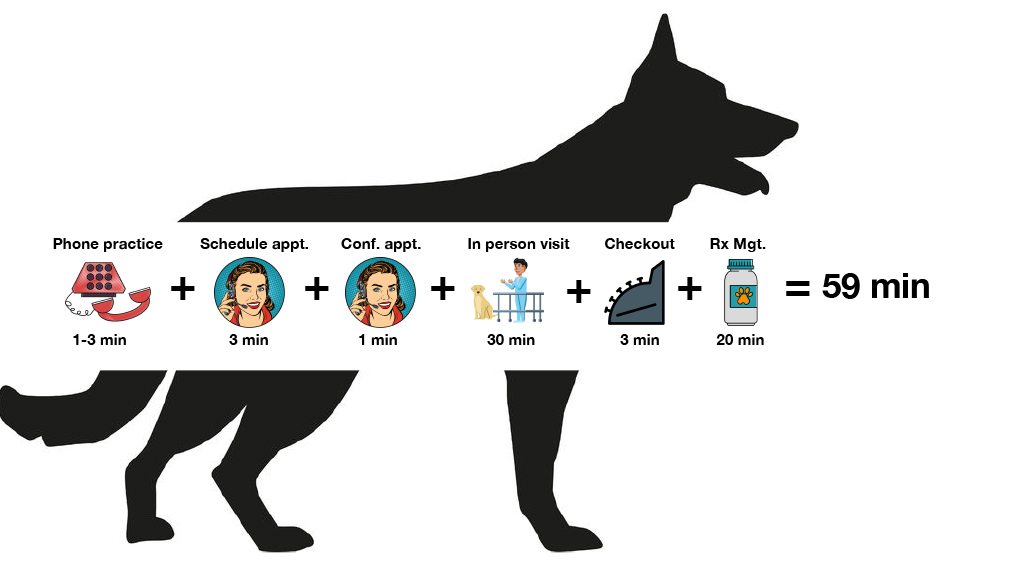
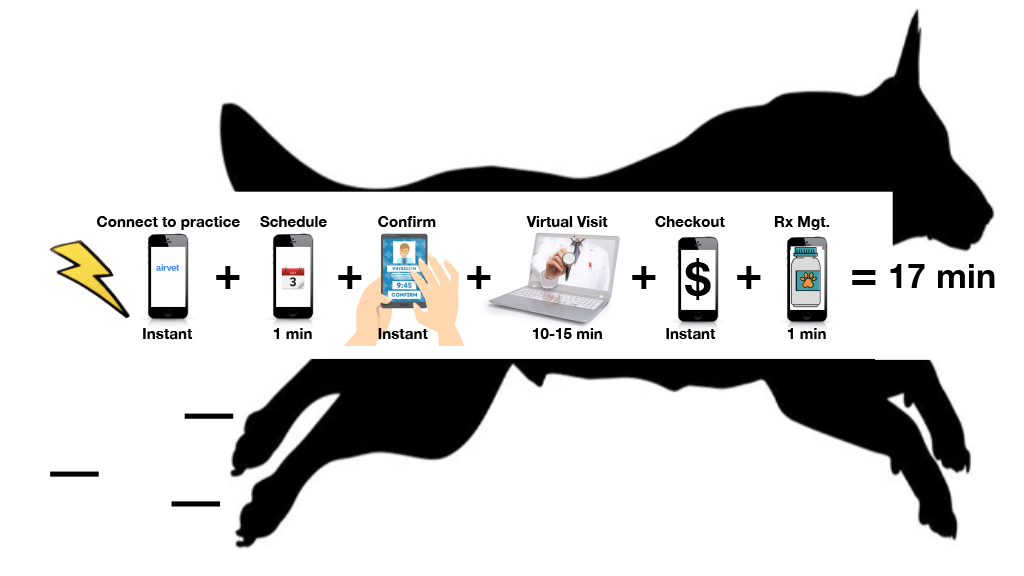
Reduced Stress
Most importantly, teams recognized that it would be easier to live and communicate in an Age of Stress, if there was less stress! To that end, they went back and looked at antiquated workflow patterns that no longer made sense in the context of COVID safety protocols or in the face of an uptick of emergency cases that spiked by as much as 100% at some practices. By acknowledging that the business itself had changed, teams were able to identify bottlenecks to great care and individual team member’s success, and then make things right. Learn more on how practice teams streamlined service by reading National Survey On Stress.



